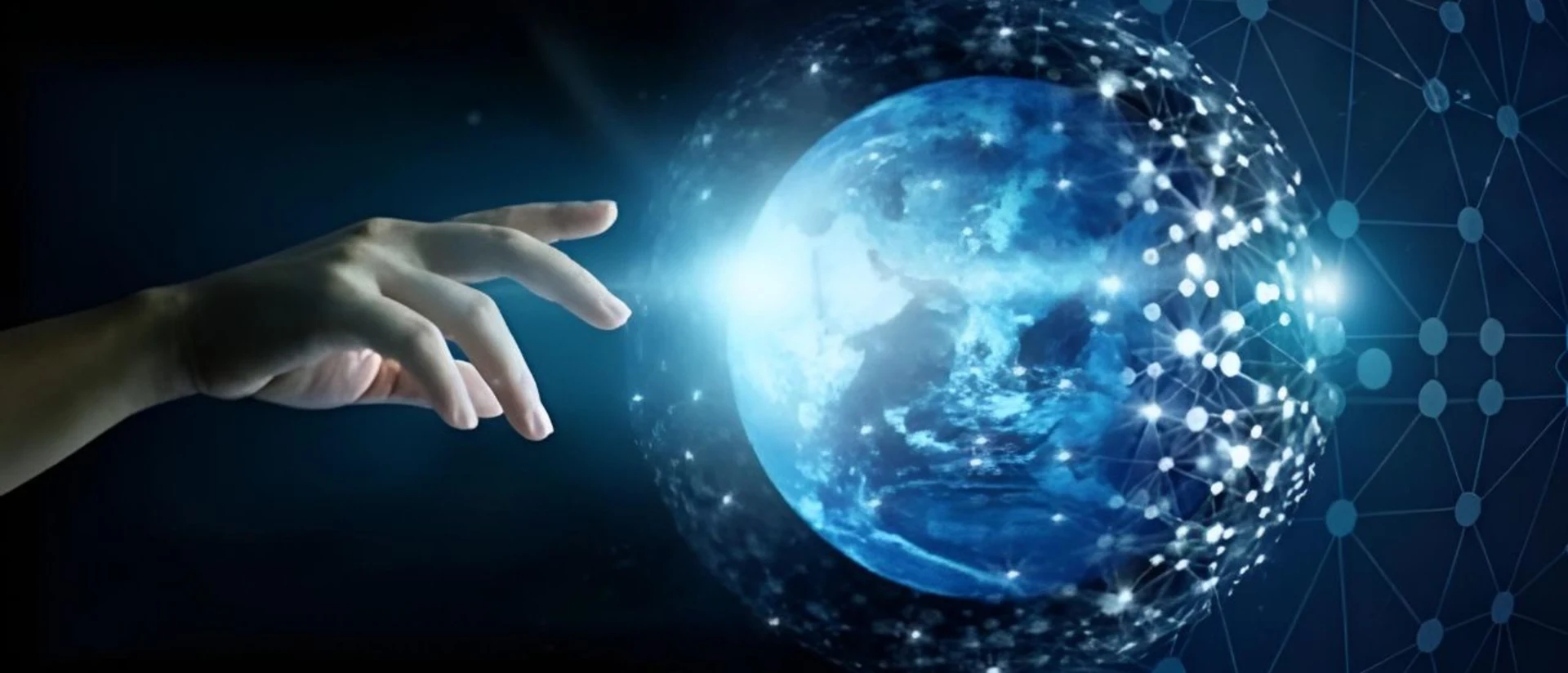by Matt Agorist, The Free Thought Project:

(The Rundown Live) Many of us have heard about the concept of technological singularity — The theoretical point in which artificial intelligence surpasses human intelligence leading to a boom in technological development and exponential growth in automation, fundamentally altering the structure of human civilization.
The concept gained mainstream attention in 2005 with the publication of the best selling book The Singularity Is Near by renowned futurist and former Google engineering director Ray Kurzweil. Kurzweil posited that technological singularity would take place by the year 2045, leading to a series of society altering developments including the merging of humans with cybernetics and biohybrid robotics, effectively transforming the human species.
TRUTH LIVES on at https://sgtreport.tv/
Only recently did Kurzweil update his prediction factoring in the rapid advancements of artificial intelligence to now predict this singularity may take place as soon as the end of the decade, in 2029.
While there are many concerns regarding the subject of singularity, another aspect of the concept which receives far less acknowledgment is that of economic singularity.
The much debated and controversial concept of economic singularity postulates a premise in which the rapid development of artificial intelligence and automation and the intersection between technology and economics reaches a point of convergence which will radically alter the nature of work, production, and economic growth.
While it does boast potential benefits including advancing efficiency and productivity as well as revolutionizing various fields such as healthcare and scientific research, there are a number of equally significant concerns which coincide with it that deserve to be addressed as well.
First and foremost among these is the threat of mass unemployment and job displacement. With the concern being that as the advanced capabilities of artificial intelligence and technological automation become more commonplace that it will eventually result in these technologies outperforming work done by humans in various fields, giving rise to anxieties that man will be replaced with machines.
These fears have already been realized in certain capacities with the emerging prevalence of self checkout kiosks in a number of stores and restaurants that has led to a reduction of cashiers in certain areas.
With regard to economic singularity, some believe that these advancements could occur so rapidly that society will be unable to adapt. Causing a significant reduction in the workforce and ultimately resulting in increased income inequality, economic hardships, or even poverty.
This concept leads to the secondary concern regarding contemporary economic models and their viability of existing within such a singularity.
Read More @ TheFreeThoughtProject.com



